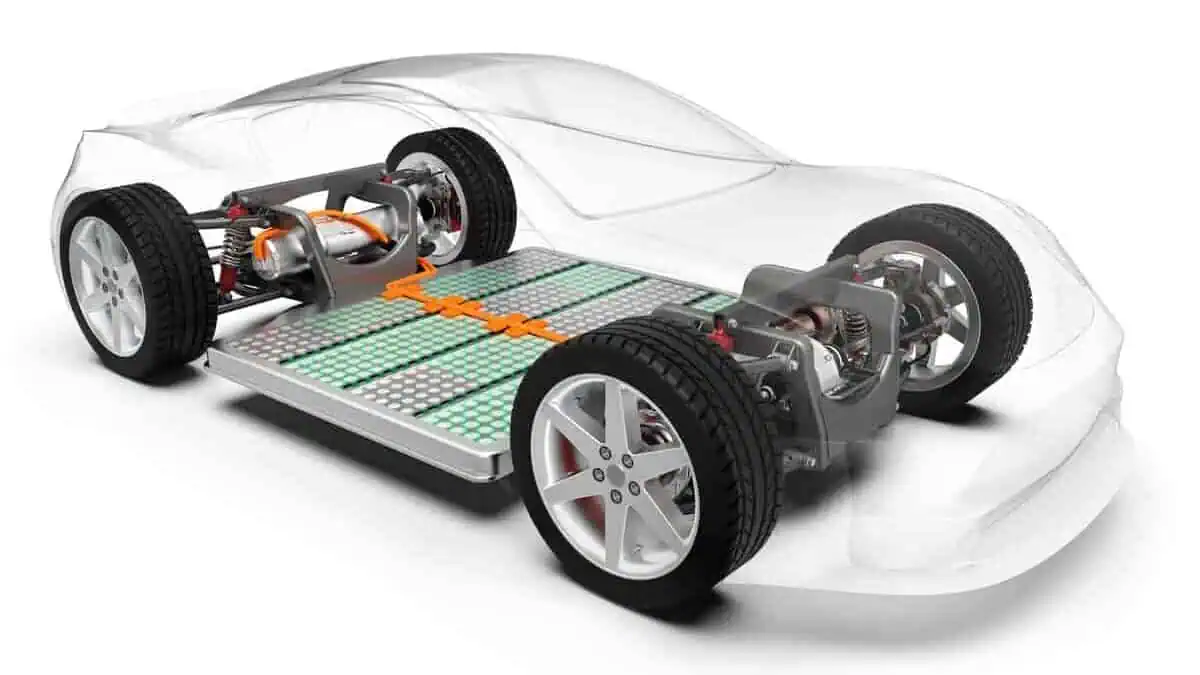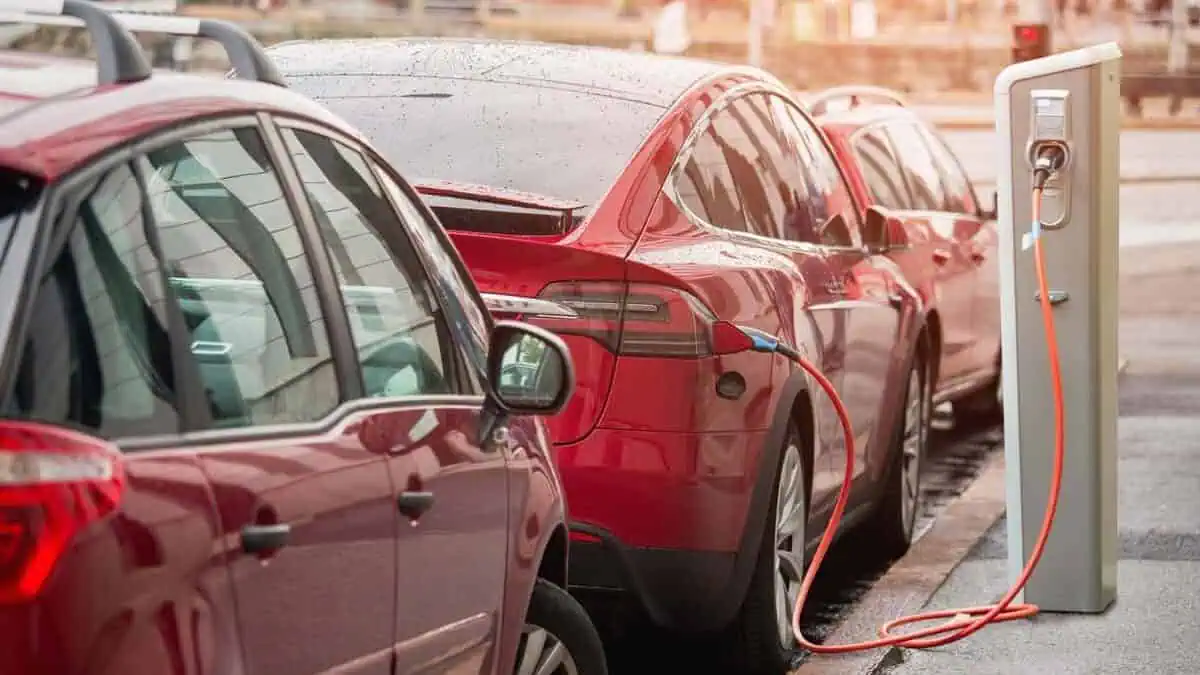Researchers at the University of Maryland, led by Department of Chemical and Biomolecular Engineering Professor Chunsheng Wang, claim to have discovered a new battery technology that significantly improves li-ion battery safety and efficiency for electric vehicles through hindering dendrite growth, SciTechDaily reported.
However, they admit that challenges remain regarding battery technology’s design and production cost.
Battery design highlights
Maryland engineering researchers claim to have discovered an innovative approach to developing electric batteries to ensure safer and higher energy efficiency.
According to the paper released in the journal Nature, the newly discovered method hinders the lithium dendrites’ growth. For those unaware, these are damaging branch-like structures inside solid-state lithium batteries that restrain companies from mass-producing groundbreaking battery technology.
In a significant development, the researchers’ new battery “interlayer” blocks dendrite formation and growth, which can accelerate advanced solid-state battery production.
Ongoing challenges
According to the report, at least 750,000 electric vehicles registered in the US employ li-ion batteries. Its prevalence is unsurprising, given that this battery chemistry has higher energy storage. However, it poses a major fire risk as it consists of flammable liquid electrolyte that ignites when overheated.
In addition, ITS indicated the National Transportation Safety Board’s report on the vulnerability of first responders to safety risks concerning electric vehicle batteries, such as electric shock and toxic chemicals from impaired batteries.
Solid-State Battery potential
Electric vehicle industry experts strongly believe in the potential of solid-state batteries to advance the shift to e-mobility.
This groundbreaking battery technology can enable the production of safer vehicles compared to the existing electric and traditional gas-powered cars.
However, Professor Chunsheng Wang emphasized that bypassing the battery technology’stechnology’s barriers was challenging. Apparently, these batteries function at high capacities, and the necessary charging-discharging rates cause the growth of lithium dendrites toward the cathode. In effect, it increases the risk of short circuits and capacity deterioration.
That said, the discovery of this new battery design will be essential to address these top barriers.
“After we figured out that part, we proposed the idea to redesign the interlayers that would effectively suppress the lithium dendrite growth. Solid-state batteries are next-generation because they can achieve high energy and safety. In current batteries, if you achieve high energy, you’ll sacrifice safety.”
Chunsheng Wang, Department of Chemical and Biomolecular Engineering Professor
The researchers expect to begin the commercial launch of the new battery technology as early as 2026. Before this, Professor Wang’sWang’s team must first develop a way to scale down the solid electrolyte layer to simulate the same thickness of li-ion batteries electrolyte. Excitingly, this approach will supposedly boost energy density and storage.






